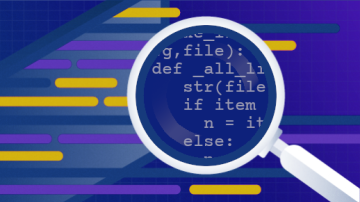Python is always evolving. The Python community has an unending appetite for feature requests but also an unending bias toward the status quo. As Python gets more popular, changes to the language affect more people.
The exact timing for when a change happens is often hard, but the Zen of Python offers guidance.
Now is better than never.
There is always the temptation to delay things until they are perfect. They will never be perfect, though. When they look "ready" enough, that is when it is time to take the plunge and put them out there. Ultimately, a change always happens at some now: the only thing that delaying does is move it to a future person's "now."
Although never is often better than right now.
This, however, does not mean things should be rushed. Decide the criteria for release in terms of testing, documentation, user feedback, and so on. "Right now," as in before the change is ready, is not a good time.
This is a good lesson not just for popular languages like Python, but also for your personal little open source project.










Comments are closed.